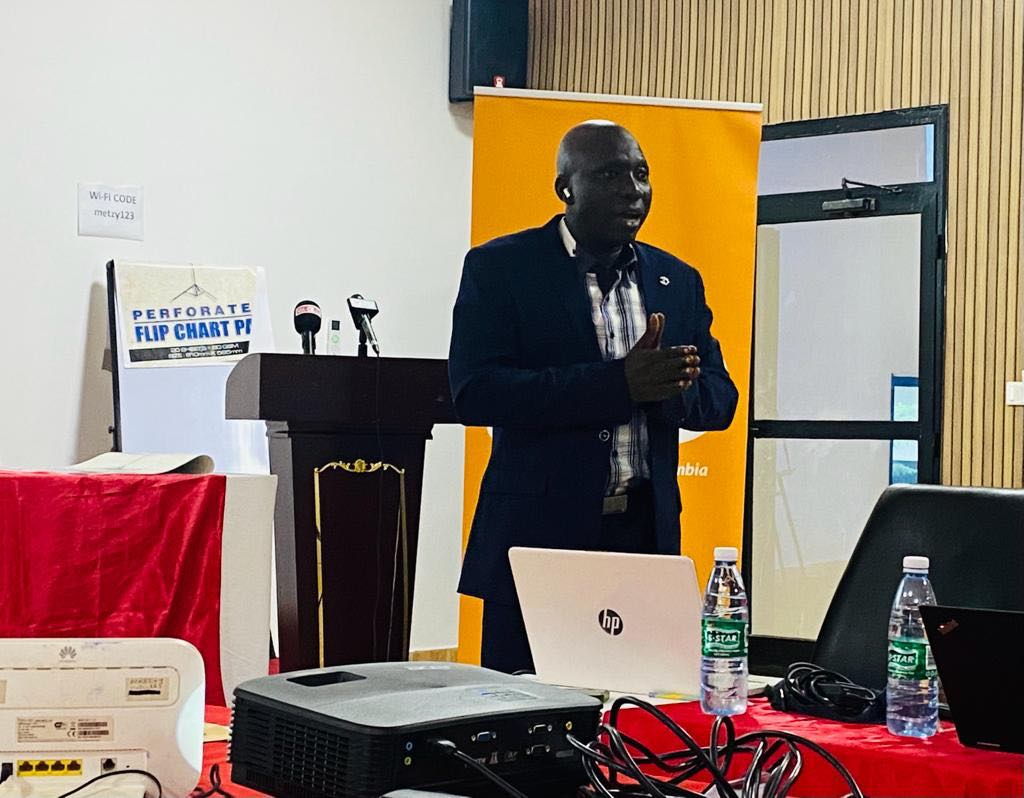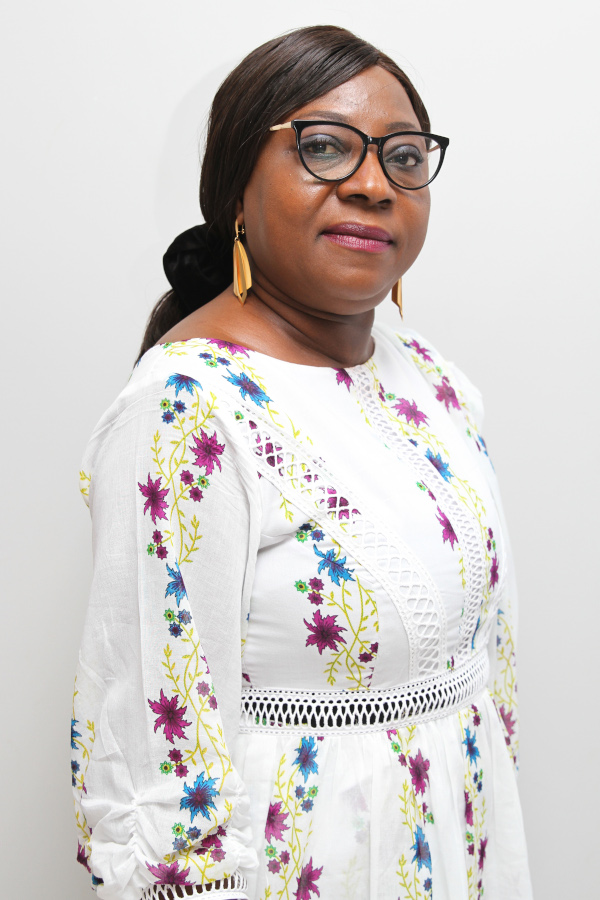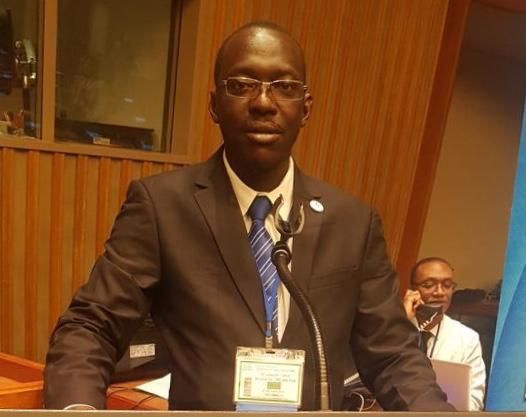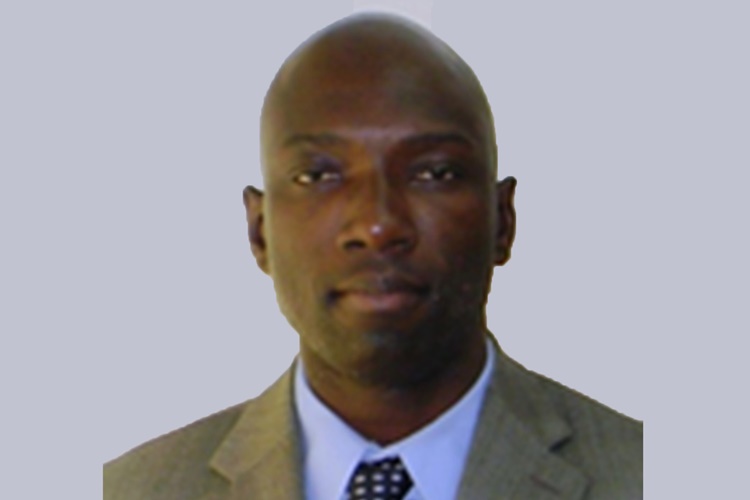that Female Genital Mutilation/Cutting (FGM/C) has bothimmediate and long-term complications.
Dr. Daffeh was speaking during a media training program on Gender-Based Violence and FGM/C held on Monday at a local hotel.
“I have witnessed the complications in my clinical practice and also a young couple who were married and the woman could not deliver because the opening was narrow,” he said.
Daffeh went on stating that FGM is a harmful traditional practice with severe health complications, deeply rooted in many Sub-Saharan African countries.
The 2015 amendment of the Women’s Act 2010 criminalizes the practice of FGM in The Gambia and stipulates several punishments despite that FGM remains widely practiced across the country.
This, he says, is affecting the lives of many young ladies who undergo some of the procedure.
“In 2015 a young girl in Tujereng, suffered as she bled excessively which took her life. The practice is done by people who don’t have any medical training and don’t know the complications.’’
“In surgery we have principles; you don’t just cut anyhow because if you cannot deal with the complications, you are advised not to cut. The cutting should be done by people who undergo medical training even though we have a law in the Gambia that does not medicalize FGM.’’ he added.
‘’FGM is practiced secretly in the country and even outside the country. We are not reporting FGM cases despite that we know that the law is there whether, it is good or bad but it is still available as far as FGM is concerned.’’
He laments that, it is left to the Gambians to repeal the law and also advised that people should respect the law. ‘’From my own experience I think people should be careful before cutting as the complications are huge.’’
For her part, Mba Sireh Saidy Bah, Program analyst at UNFPA revealed that the training is part of events marking 16 days activism which is an annual event and it is global.
“Due to that we decided to engage the media to continue the long relationship we have in-terms of capacity strengthening.’’
According to her, everyone knows the importance of the media because they serve as gate keepers and setting the space for public discuss.
‘’Our mandate is one of the most difficult mandates among all the UN agencies because our work is at the head of the people’s privacy, issues that they don’t want to be discussed which is sexual and reproductive health.




